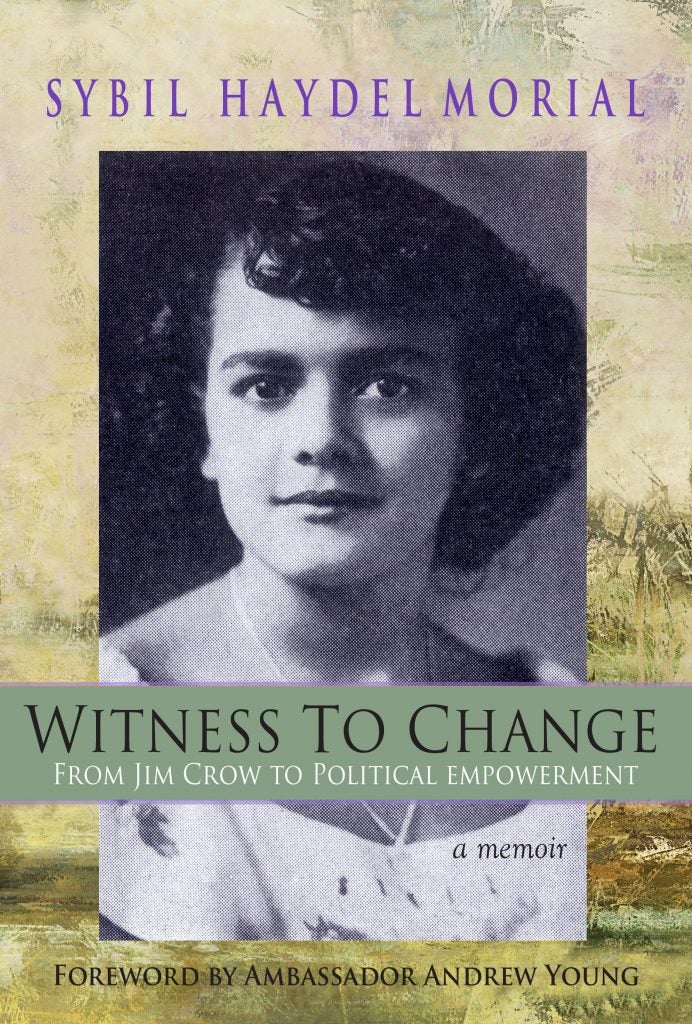Over the Falls: The Pain and Pleasure of Writing the Self
In 1901, a woman threw herself over Niagara Falls in a barrel. She was the first to survive this trip, which she had executed specifically for fame and fortune, though she earned more of the former than the latter. Despite world-wide headlines and a number of speaking engagements, she remained poor, hawking photo-ops and signatures to tourists. She also wrote a novel about the experience.
Over the Falls: The Pain and Pleasure of Writing the Self Read More »
In 1901, a woman threw herself over Niagara Falls in a barrel. She was the first to survive this trip, which she had executed specifically for fame and fortune, though she earned more of the former than the latter. Despite world-wide headlines and a number of speaking engagements, she remained poor, hawking photo-ops and signatures to tourists. She also wrote a novel about the experience.






